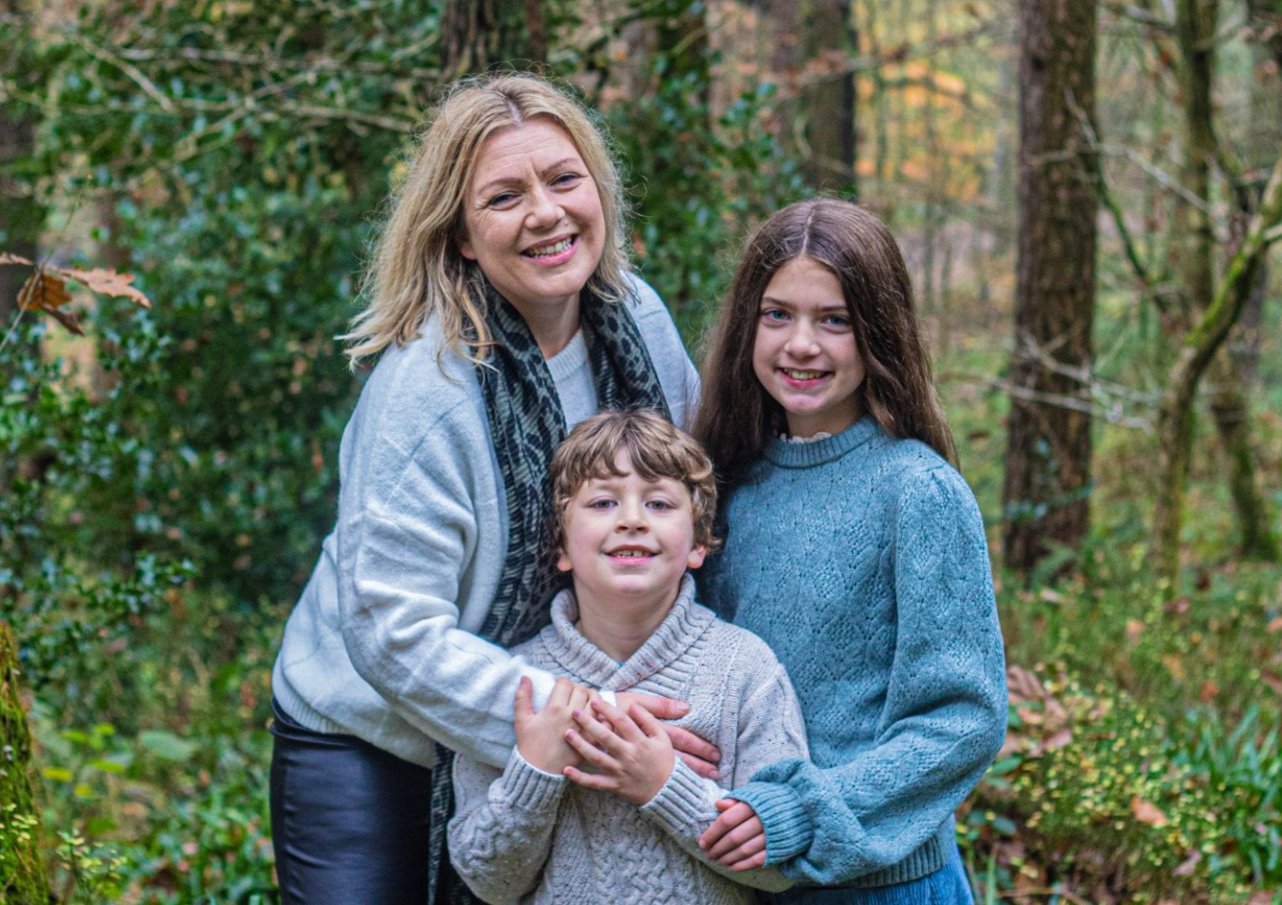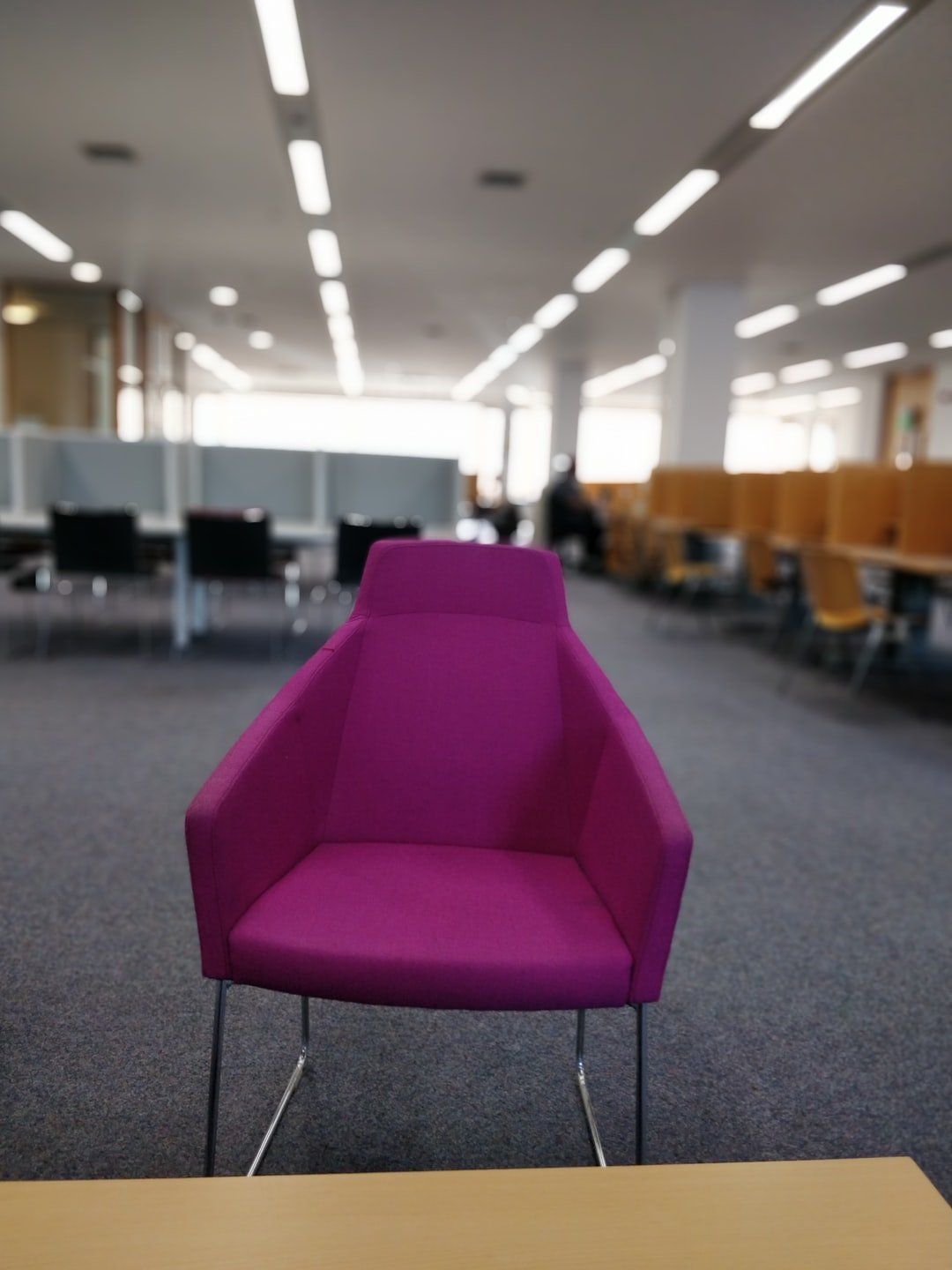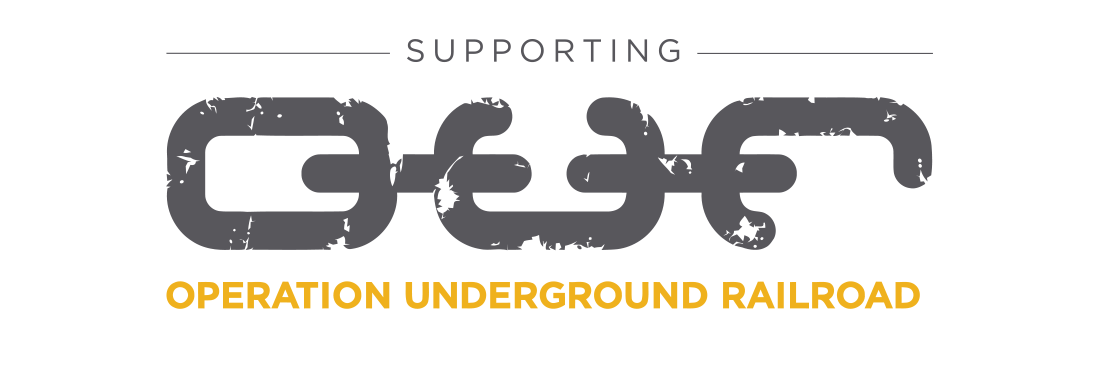07717737874
enquires@sarahjchapman.com
Ask a Better Question - Have a Better Life
Sarah Chapman • Mar 19, 2021
We have a 2-million-year-old brain with a job to keep us alive. Looking for relevant information as directed by our thoughts. We are thinking machines, constant thoughts – mostly questions and statements to ourselves. Those thoughts prompt the brain on what is the most relevant information (RAS – reticular activating system). What to be fearful of and what to seek more of. We are motivated to move away from pain and towards pleasure. That is why we love the comfort zone. Sometimes we are in an unhealthy cycle with our thoughts, undirected thoughts that are negative or fear driven stimulate the RAS to look for danger. You will always find evidence to support what you believe you already know, and thus the cycle continues.
Take for example a child is scared of a dog, the dog comes toward the child, the child screams and the parent quickly picks up the child and comforts them. The parent is unintentionally strengthening the child’s belief that they are unsafe in that situation and need to be rescued. As adults we do that to ourselves, I feel uncomfortable in a certain environment, I show up in that environment with an anxiety and fear and an expectation that I will have a negative experience there. Teaching my brain to look out for that specific threat. Guaranteed it will show up because my RAS and I were looking for it.
How do we break it? Don’t pick the child up. Hold their hand as the dog walks past and pretend you didn’t know it was even there. If you are anxious, place the child to the other side of you so you can protect them if needed but you don’t action it unless necessary. If your anxiety isn’t about a dog and you aren’t a child, then you may need to ask better questions to direct your RAS.
Have you ever heard of the phrase, if you want a better answer then ask a better question? Well, this is exactly why – if you want to find a solution – you will undoubtedly come up with better options if you ask:
How can I create more time to spend with my children?
As opposed to:
Why can’t I spend more time with my children?
If you ask the second question your brain will give you a list of reasons for your current problem, whereas if you ask the first instead you will start to produce possibilities. Even if they are ridiculous options that would require small miracles to achieve, if you keep asking the question and keep recording any ideas that come to you as you do – you will start to form real life possible solutions – it is inevitable. But, if you constantly ask the questions that lead to stacking the pain of what is ‘wrong’, you will not open the mind to possible solutions and instead will have the brain continually focused on the problem. This causes a lot of pain and is not productive but your brain thinks it is useful for keeping you away from the problem. You cannot rely on your brain to best direct your mind. One super effective way of directing it is through creating questions that best serve you specifically right now and ask openly how it is possible. Make sure that there are no negations such as:
No
Not
Can’t
Don’t
Won’t
Wasn’t
Shouldn’t
Ask your questions framed in the positive – change a question such as:
Why don’t people like me?
to
How can I build better friendships? How can I be a better friend? How can I create deeper relationships?
Why can’t I lose weight?
Change it to:
What could I do to increase my chance of weight loss?
A change in the question, minus the negation and with the movement away from blame or placement that comes with ‘why’ to the more open ‘how’ which immediately suggests multiple options are available. It directs the brain towards a changed outcome. Change your questions, change your life.
I have written in a previous blog about the fact that research has shown that 95% of your thoughts today are repeated thoughts that you have every day and 80% of those are negative, on average! Which means that if you just changed this one thing, note the questions – write them down and then convert them. Take out the negation, ask a question that starts with what or how and you have instantly changed that 95% into a reduced amount. You have taken something small and manageable and started to direct your mind’s thoughts.
Below are a couple of links to that are brilliant demonstrations of why you can’t always trust your own experience as the trust. Before you watch those clips, let me frame this so you know my intention: my goal is to give high quality, science based, research supported information in order to expose the boxes. Watch the short clips now before we go any further, or at least the first one.
https://youtu.be/UfA3ivLK_tE
https://youtu.be/f_R9_xdhuNw
This is a demonstration of the fact that what we look for we will find and our senses or beliefs are not always able to appreciate a situation in its fulness.
Remember that we cannot ever expect to see the whole picture, but we can direct the part of the picture we see.
Here is a short analogy to finish with for this week:
If you grew up being told that green aliens steal, if you ever meet one, especially the ones with red shoes, be careful with your belongings around them. One day at the doctor’s surgery there is only one chair left and it is next to an alien – wearing red shoes! After you leave you go to get out your wallet to pay for your parking and you find your wallet missing, what are you likely to think?
On the other side of town, your cousin grows up with green aliens with red shoes and has grown up playing out every night after school with these guys. In the games your cousin played with the green aliens, they never cheated at sports or games. If your cousin was at the surgery, sat next to a green alien, left and found their wallet missing – would they have the same immediate reaction as you?
You know that one of you will call them a thief and the other will assume they left it somewhere. Perspective is everything. Direct it a little better this week by choosing your questions.

The reason I talk about language 'so much' is because it is key to every relationship (including the one you have with your self). How you talk, choices you make with your language, structural choices - even the intonation and speed you use reveals your thought patterns (internal dialogue) and further compounds your experience of the world around you. So here's the thing... I think right now we would all agree that we want a world with more peace, more unity and more love. How does my use of language have anything to do with that? Read the whole blog to find out. In brief, I believe that more peace is the same as less conflict and that starts with each of us individually. It is about how we interact with the people around us, it's the butterfly effect. My interactions in my daily life affect every human being I come into contact with which in turns affects (or has the potential to) every person they come into contact with and so on. Discovering the secrets in everyday interaction and understanding self-talk will one hundred percent help you understand yourself and others better. It is one of the keys to unlocking a way to greater peace in your life, greater possibility for unity rather than division and conflict and the ability to love yourself and others more. And, yes it is all possible through a greater understanding of the way we use language.








